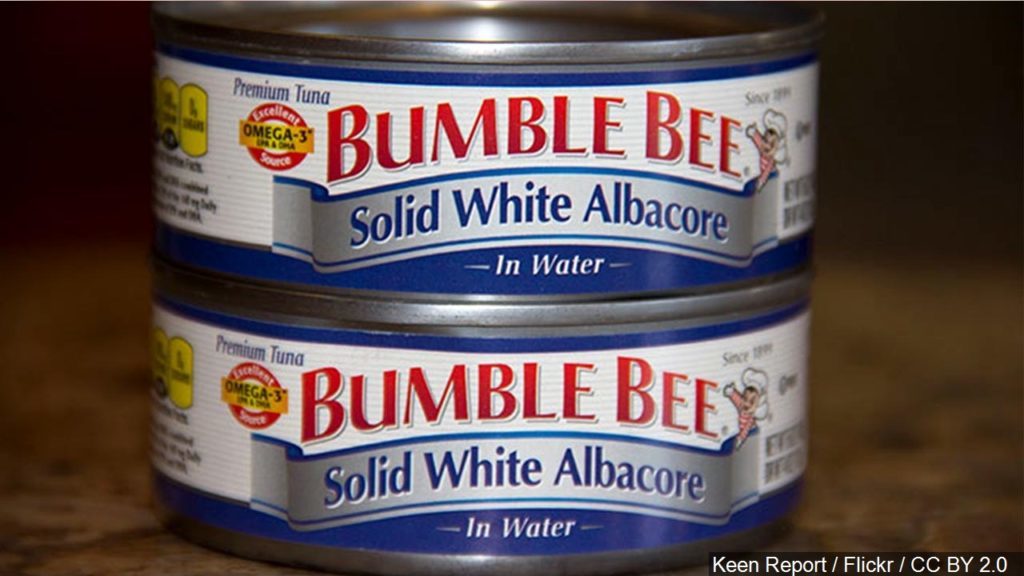One of North America’s largest seafood providers, Bumble Bee Foods, has filed for chapter 11 bankruptcy as the company struggles to reduce its debt from “recent and significant legal challenges.”
The company reached a purchasing agreement with Taiwan-based FCF Fishery, who offered to buy the tuna brand’s assets for approximately $925 million.
The FCF will serve as the “stalking horse” to set the minimum bidding number before Bumble Bee Foods issues a court-supervised auction process.
In the meantime, Bumble Bee Foods is relying on the financing from its existing lenders giving the company enough liquidity to keep its US and Canadian operations running until the bidding auction closes, which is expected to be within the next 60 to 90 days.
“It’s been a challenging time for our company but today’s actions allow us to move forward with minimal disruption to our day-to-day operations,” said Jan Tharp, president and chief executive officer for Bumble Bee Foods. “We have an experienced leadership team in place and plan to transform our business in bold and innovative ways that will build a legacy worthy of our proud 120-year-old history.”
In 2017, the company was found guilty and fined in a tuna price fixing scandal where it partnered with its competitors StarKist Co. and Chicken of the Sea to fix and raise tuna prices in the US.
Bumble Bee Foods still owes $17 million to the US Department of justice but has a five-year term to pay the fine with no interest on top of other additional charges filed by civil lawsuits.
In addition to legal fees, millennials’ distaste for tuna and canned products in general have also fueled the company further in the direction of bankruptcy.
According to 2016 data acquired by The United States Department of Agriculture, canned tuna sales have fallen by 42 percent per capita over the last three decades.
To boost sales and attract a younger demographic tuna companies have been rebranding themselves as a “healthier snack,” as well as revamping their packaging from cans to pouches with trendy flavors.
Other hurdles the company faces in terms of lost revenue is the new plant-based food movement, which has brought about a whole new industry of competitors to the tuna market; from the Good Catch, to Atlantic Natural Foods, faux-fish has been advertised to millennials as an alternative source of protein that is better for the environment.
As of now, the privately held equity firm FCF is the only company that has offered to buy out Bumble Bee Foods and looks to be a promising match. The Taiwanese firm also sells seafood like canned tuna, sashimi, and frozen squid.
The FCF’s bid includes $275 in cash and $638.5 in debt, but even if both parties make an agreement on the sale the transaction could be dismissed if Bumble Bee Foods receives a higher offer.
Despite its legal battles the tuna company is still a highly recognized brand in North America and its iconic name could draw further prospects to bid high for its assets.
Daniel Guyder, a bankruptcy lawyer with Allen & Over LLP tells Bloomberg this reason alone provides “a real opportunity for someone to come in and put many of Bumble Bee’s historic issues in the rear-view mirror.”












Join or login to leave a comment
JOIN LOGIN